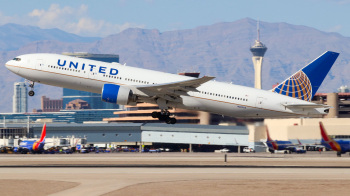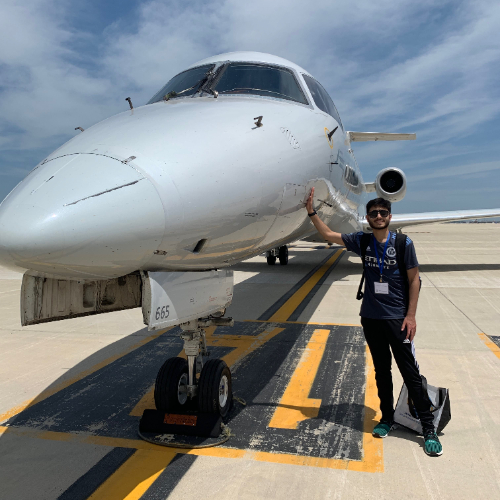Passengers on two United Airlines flights faced shocking dilemmas: give up your Business Class seats or be denied boarding. The two instances were caused by different reasons, both of which we will analyze today.
Make Way for the Crew
A few days earlier, three passengers traveling in United's Polaris Business Class faced an unusual situation. They were flying on UA923 from Los Angeles (LAX) to London Heathrow (LHR) operated by a Boeing 787-9.
The 787 has a dedicated crew rest area so that flight attendants and pilots can have a private area to rest for a few hours during long haul flights. For some unspecified reason, there was a funtionality issue with the crew rest on this particular aircraft.
Reportedly, maintenance crews tried multiple times to fix the problem but were unable to do so.
To make matters worse, this issue occurred after passengers had boarded the aircraft. When it was decided that the crew rest issue could not be fixed, a gate agent had to come onboard and address the aircraft.
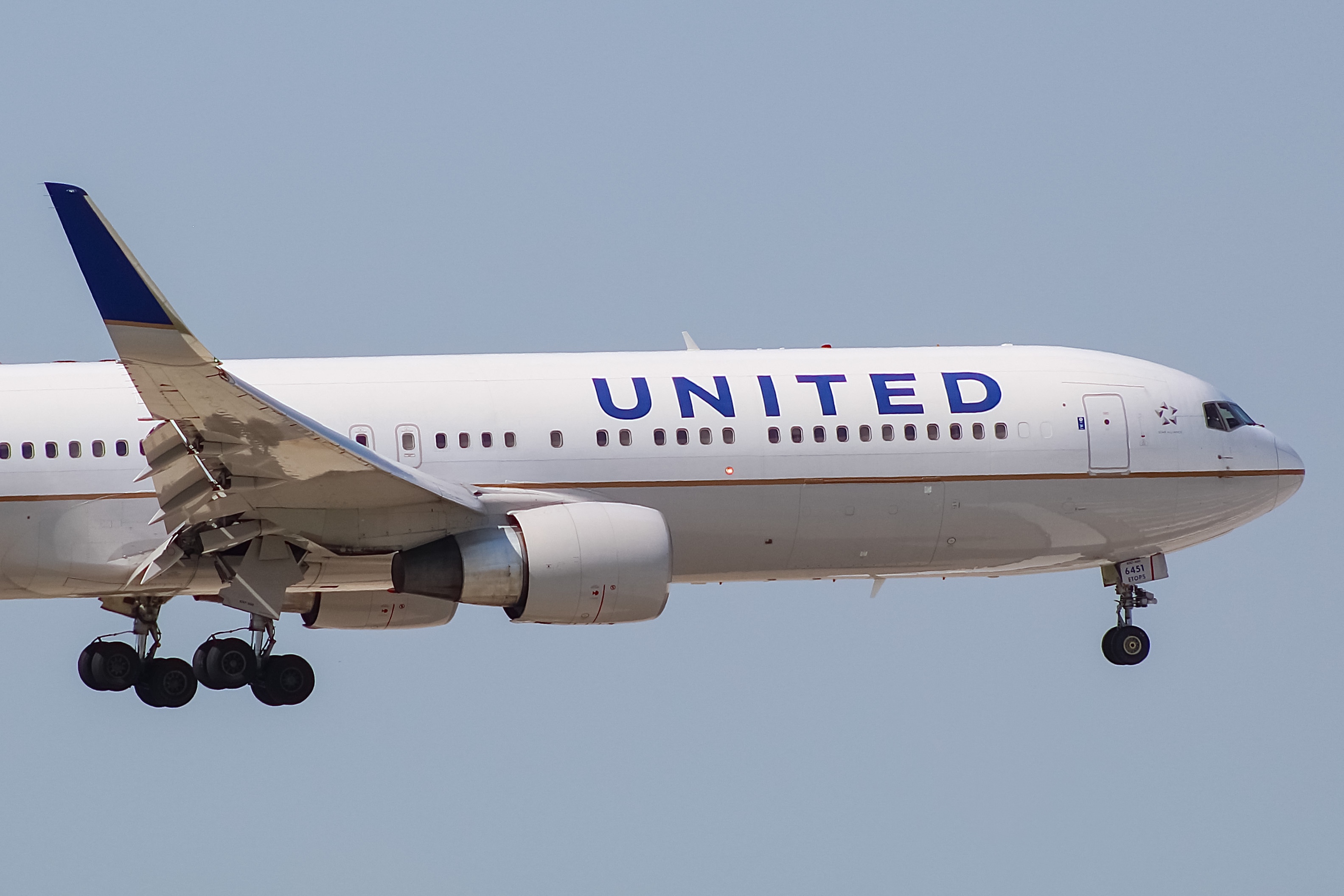
The agent specified that due to the issue, three Polaris passengers would have to give up their seats. This is because United crew members are guaranteed "horizontal rest" on long flights as per contract.
To make sure that passengers would comply with the request, the agent specified that unless three passengers gave up their seats, the entire aircraft would be deplaned.
Luckily for the passengers, they were given offers to downgrade to Economy Plus. These were a combination of cash and miles (and large amounts of them too). Eventually, three volunteers took these offers and the flight departed an hour late.
A Forced Downgrade
On the same day as the the LAX incident, another United London-bound flight faced a similar issue. This time, it was UA938 from Chicago (ORD) to Heathrow operated by a Boeing 767-300ER.
For context, the 767s that United flies to London are known as "High-J" 767s because of the premium-heavy cabin they have. On this particular occasion, the original aircraft operating UA938 was swapped to a higher-density 767 registered N647UA.
This aircraft has a fraction of the Polaris seats you would find on a "High-J" aircraft like N673UA for example. Because of this rare aircraft swap, 13 passengers who would have otherwise had a confirmed Polaris seat were forced to move back to economy class.
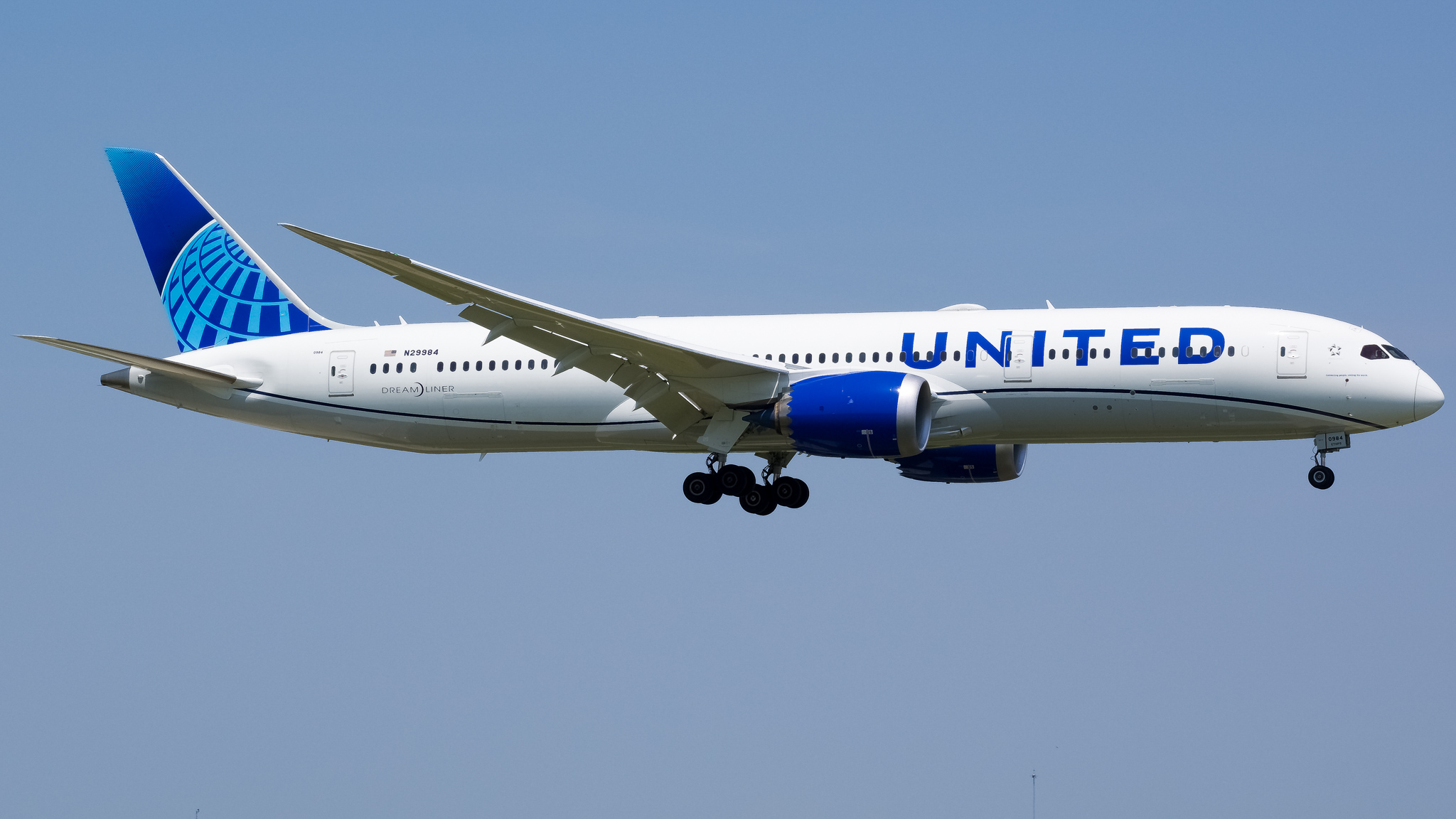
No other "High-J" 767s were available at the time so N647UA was the only choice of a plane if UA938 was to operate that night. The gate agents made it clear that unless 13 Polaris guests agreed to downgrade themselves to economy (not that they had a choice), no one would board the flight.
In a situation like this, the airline would have to refund the difference in fare price between business and economy. Eventually, 13 passengers complied with the request and the flight departed three and a half hours late.
These two situations represent scenarios that were out of the airline's control. In both cases, there are details we do not know.
In the case of UA923, we still do not know what the crew rest issue was that prevented it from being used. Furthermore, in the case of UA938, it has not been specified if any extra aircraft were available or what happened to the original aircraft.
How do you think the United crew handled these situations? Let us know.
Passengers Encounter Bedbug Infestation on Multiple Turkish Airlines Flights » Emirates Dismisses Viral A330 Plane Crash Video as "Fabricated and Untrue" » Bomb Threat Cancels Air New Zealand Flight, Delays Passengers »
Comments (0)
Add Your Comment
SHARE
TAGS
NEWS united airlinesdowngradeunited overbookingunited airlines overbookedunited airlines londonua023ua923ua938RECENTLY PUBLISHED
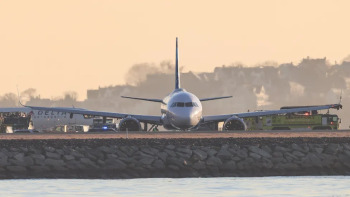 Could You Survive a Plane Crash? The Unlikely Science of Plane Crash Survival
With air travel consistently being heralded as the safest form of public transport, most of us do not board a plane pondering our chances of survival in the event of a crash. But, is it possible to survive one?
INFORMATIONAL
READ MORE »
Could You Survive a Plane Crash? The Unlikely Science of Plane Crash Survival
With air travel consistently being heralded as the safest form of public transport, most of us do not board a plane pondering our chances of survival in the event of a crash. But, is it possible to survive one?
INFORMATIONAL
READ MORE »
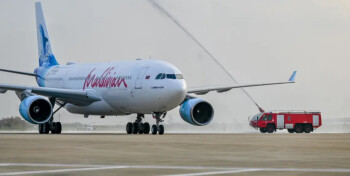 Maldivian Airlines Introduces First-Ever Widebody Aircraft, Plans New China Flights
Maldivian, the government-owned national airline of the Maldives, has just welcomed its first-ever wide body aircraft: the Airbus A330-200. With the new aircraft, the carrier also plans brand-new long haul international flights to China.
NEWS
READ MORE »
Maldivian Airlines Introduces First-Ever Widebody Aircraft, Plans New China Flights
Maldivian, the government-owned national airline of the Maldives, has just welcomed its first-ever wide body aircraft: the Airbus A330-200. With the new aircraft, the carrier also plans brand-new long haul international flights to China.
NEWS
READ MORE »
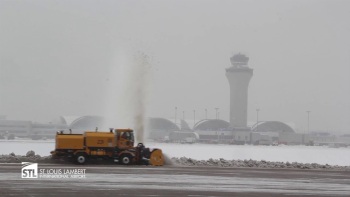 Thousands of Flights Impacted as Winter Storm Blair Hits U.S.
Winter Storm Blair has unleashed a huge blast of snow, ice, and freezing temperatures across the Central and Eastern United States.
As of Sunday afternoon, over 6,700 flights and counting have been disrupted. This includes cancelations and significant delays leaving passengers scrambling to change flights and adjust travel plans.
NEWS
READ MORE »
Thousands of Flights Impacted as Winter Storm Blair Hits U.S.
Winter Storm Blair has unleashed a huge blast of snow, ice, and freezing temperatures across the Central and Eastern United States.
As of Sunday afternoon, over 6,700 flights and counting have been disrupted. This includes cancelations and significant delays leaving passengers scrambling to change flights and adjust travel plans.
NEWS
READ MORE »



